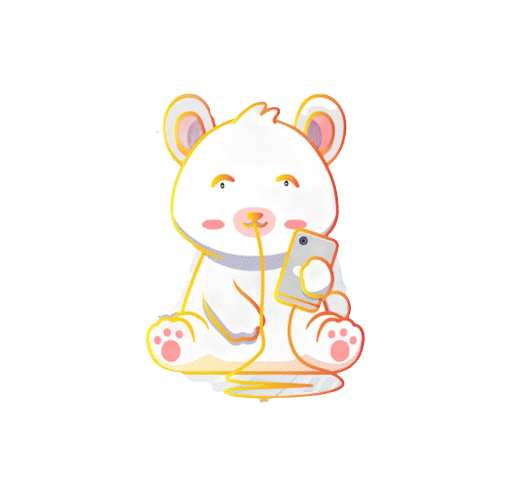Say Hello to Teddy, Your New BFF in the Metaverse and Real Life

A cute and cuddly teddy bear is often a young child’s first friend, going everywhere the child goes, being an essential part of the child’s life, and having a real emotional bond with the child. Ooverse seems to have captured this relationship and is reinventing the idea that Teddy is once again our very best friend. You may be familiar with other virtual assistant technology such as Amazon’s Alexa, Google Assistant, Microsoft’s Cortana, or Alibaba’s AliGenie; however, ooverse is building more than just a personal assistant; in both the virtual world and real life, Teddy can advise on health, education, nutrition, business, relationships, etc., and make decisions on your behalf.
Like the ooverse logo illustrates, your experiences and transactions in ooverse feed data to Teddy, who remains thus connected to your life. As you develop a personal relationship with Teddy, he will learn your habits, needs, and desires, just as a best friend would. You will train Teddy to initiate tasks on your behalf and utilize personal knowledge to organize and sometimes automate your life in ooverse, offering you precisely the support you need and expect. You can even take advantage of a unique feature allowing you to give Teddy the voice of anyone within ooverse, as long as that person consents. Imagine Teddy with daddy’s comforting voice or bae’s sexy voice.
To deepen Teddy’s insight into your interests and preferences, people and organizations in ooverse can also participate in an immersive virtual experience, which means that you can buy or sell virtual versions of real-world items. “The challenge,” says CEO Abed Awuah-Gyawu Rosen, “Would have been ensuring that sellers are fully compensated for their work by preserving the authenticity of their inventory. If we are modelling the real world, we can’t leave out copyright and ownership. Thankfully, blockchain technology and NFTs can serve this purpose.” Think of everyday items, creative works, real estate, architectural designs, cars, or digital equivalents of famous collectibles or items of great historical value. The possibilities are endless. Thus, Teddy can have nuanced insight into various facets of your socio-economic life and interests. “This groundbreaking AI experience will complete the ooverse ecosystem”, says Abed. With unparalleled experiences and benefits oozing from said ecosystem, it is no surprise that some financial backers—angels, VCs, crowdfunding and ICO launch partners, and funds that supposedly back “diverse founders”— are eyeing the opportunity to become a part of this brave new world.
The smart speakers mentioned before, such as Alexa, are certainly not a new trend. Amazon alone sold over 53 million Alexa speakers in 2020 and 65 million in 2021, six years after the initial release. It’s even common to have multiple virtual assistants in one household, and the desire for a more automated life is only increasing. With the power of machine learning and AI technology, these virtual assistants continue to improve. Automatic speech recognition (ASR) is the technology that converts spoken words into text and is the driving force behind the previously mentioned virtual assistants. Combining the already successful ASR technology and advancements in AI has produced a much more advanced generation of virtual assistants. Many onlookers have been intrigued about Teddy, given how it would actually be connected to the ecosystem of people’s lives. Large organisations, for example, see an opportunity to understand the motivation matrices of their people and, accordingly, customise incentives that actually support them, individually. It is nothing short of fascinating to consider the real-world applications which will soon be a reality in offices and households, as the world’s wisest teddybear moves in with them.







